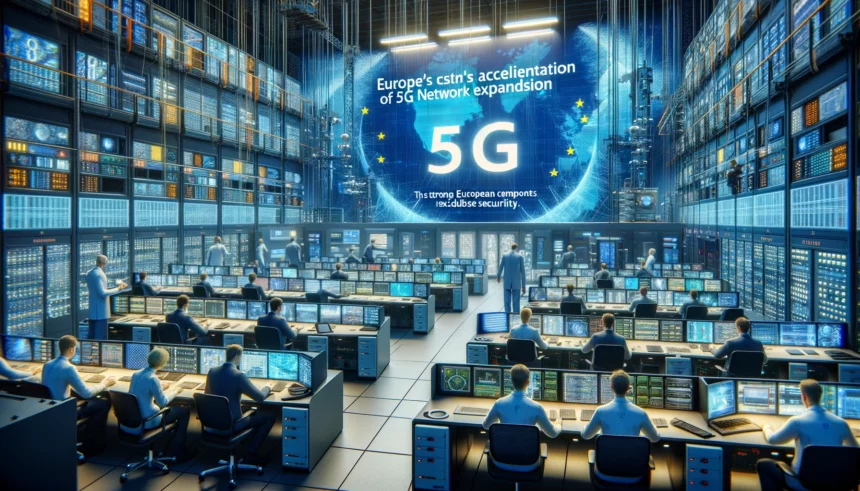Nordic Summit Highlights Importance of 5G
During a two-day Nordic Summit in Stockholm focused on security and competitiveness, German Chancellor Olaf Scholz emphasized the urgency of expanding the 5G mobile network across Europe. Speaking at a joint news conference with Nordic prime ministers on May 13, 2024, Scholz stressed the importance of Europe not lagging behind other continents in adopting this cutting-edge technology.
Key Points from Chancellor Scholz’s Address:
- Urgency for 5G Expansion: Scholz highlighted the need for rapid implementation of 5G technology in Europe. “We have to make it happen, that this progressive technology is the typical one very soon in Europe and that we are not falling behind other continents,” he said.
- Leveraging European Telecom Giants: Europe is home to some of the most advanced technology companies in telecommunications, including Sweden’s Ericsson and Finland’s Nokia. Scholz pointed out that these companies are not only successful in Europe but also globally, which is a significant advantage.
- Security and Safe Technology: Amidst ongoing discussions about banning certain Chinese components from Huawei and ZTE in European 5G networks, Scholz assured that companies like Ericsson and Nokia offer very safe technology in terms of security.
Visits and Talks
- Ericsson Visit: On the same day, Scholz, along with leaders from Denmark, Finland, Iceland, Norway, and Sweden, visited Ericsson to discuss the future of telecommunications.
- Talks with Nokia: The German Chancellor also mentioned that he had previously held talks in Berlin with Nokia, underlining the strategic importance of these companies in the 5G rollout.
Conclusion
The message from the Nordic Summit was clear: Europe cannot afford to fall behind in the race for 5G technology. With leading companies like Ericsson and Nokia paving the way, and with the support of leaders like Chancellor Scholz, Europe is poised to be at the forefront of the next technological revolution.
Let’s keep pushing forward and ensure that Europe remains competitive in the global market. The future of our digital infrastructure depends on it.















